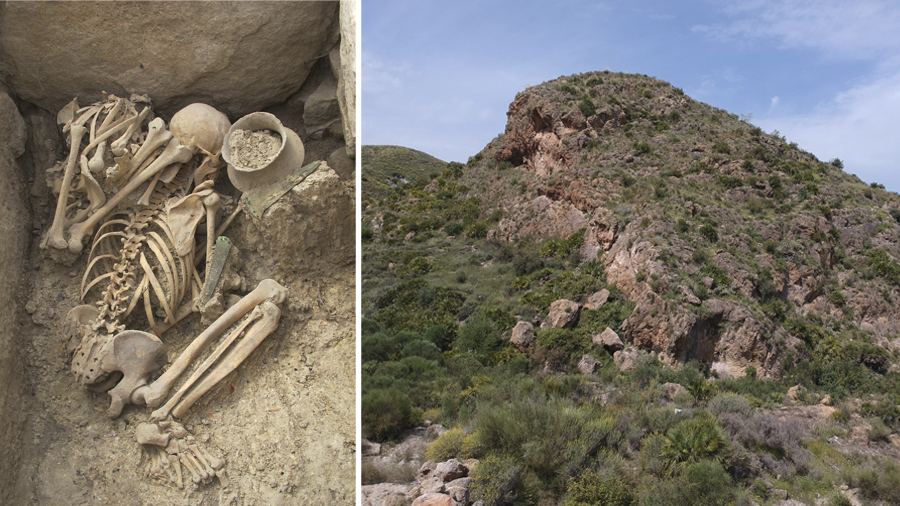Transformaciones
The Transformation of the Society of El Argar (2200-2000 cal BCE) and the Formation of a Political-Symbolic Order (2000-1550 cal BCE).
The general objective is to deepen the knowledge of the society of El Argar by empirically testing hypotheses related to two fundamental processes: its formation as a society and the establishment of a political-symbolic order at a key stage in its development. These two social processes are subsumed under the concept of "transformation."
Hypothesis 1: The society in the eastern regions of the southeastern Iberian Peninsula between 2200 and 2000 cal BCE manifested (a) a radical rupture with the economic and symbolic forms of the previous period, (b) although without yet developing forms of class inequality in socio-economic terms.
Hypothesis 2: In its peak stage (1750-1550 cal BCE), the society of El Argar in the eastern regions of the southeastern Iberian Peninsula combined (a) a polymorphic expression of gender not restricted to the binary "woman"-"man" model, shaped according to age, (b) a discursive hegemony emphasizing kinship relations in access to funerary rituals, and (c) an intensification of inequality in access to wealth.
The development of the project will focus on verifying or rejecting these two hypotheses by confronting them with data generated by four methodological lines of research. The temporal application interval covers approximately from 2500 cal BCE to 1550 cal BCE, while the geographical scope extends from the Vera depression to the interior regions of Murcia.
